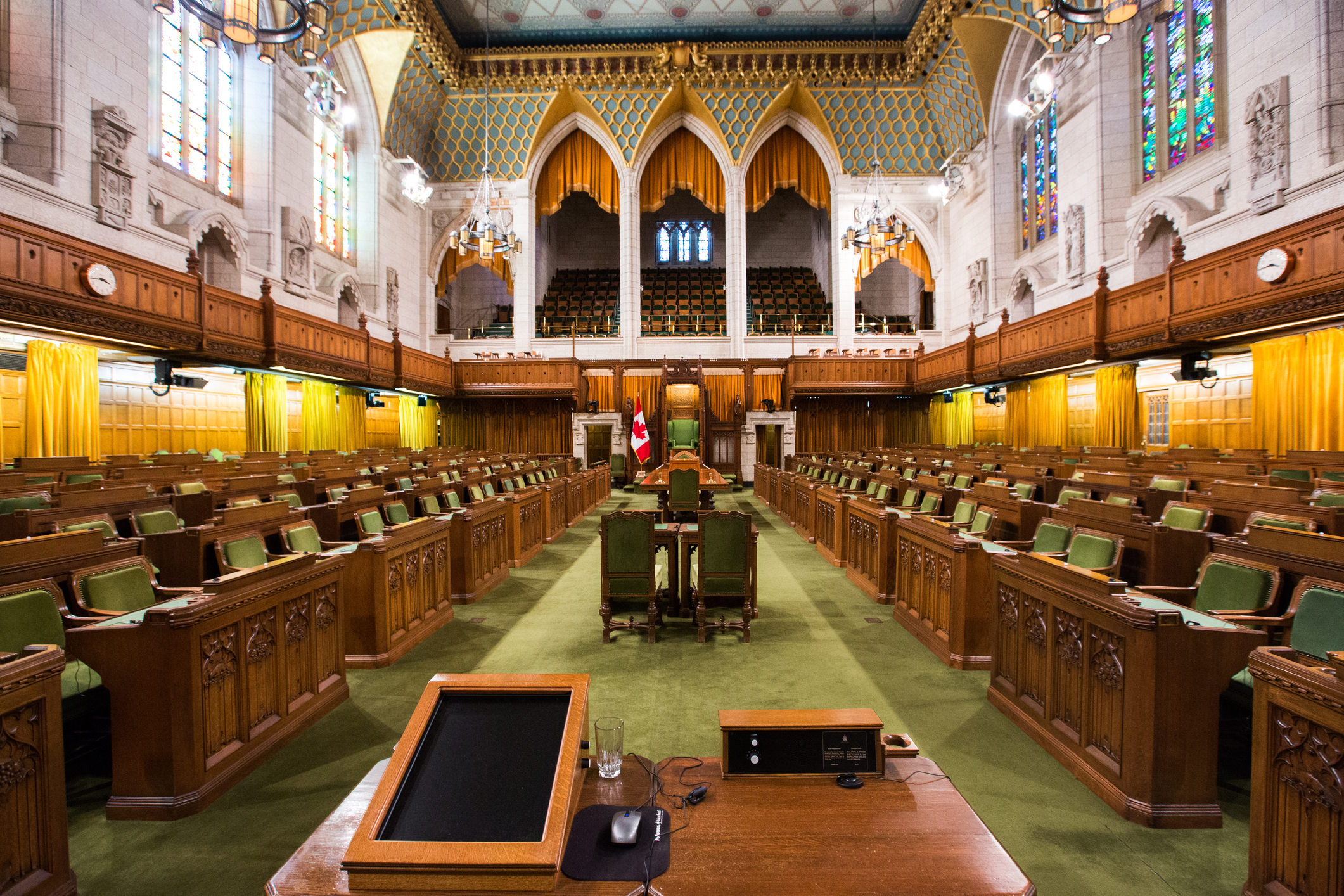
So Are We Getting Rid of S21 or What?
The Queen’s Speech is a key event in the Parliamentary calendar and in 2021 it fell on 11 May.
In it the Government sets out, in broad terms, its legislative plan for the coming Parliamentary session.
It is therefore closely observed by those of us who are trying to work out what the Government is planning to do on a range of matters, including private sector residential tenancies.
There was particular interest in the proposals for notices under s21, Housing Act 1988, so called no-fault eviction.
The Government had previously said that it was to get rid of this method of eviction despite it being seen by many landlords as a mainstay of their involvement in the sector.
The last Queen’s Speech was quite specific that a bill would be laid and even went so far as to name it the Renter’s Reform Bill.
However, the bill, despite promises, has not yet appeared and so there was interest in whether it would appear again in the same or a revised form.
As it was mentioned in a previous speech there was no specific requirement to mention this topic, or other business being carried over from previous Parliaments, although these issues usually are covered, at least in passing, so that it is possible to get an overview of the proposed Parliamentary calendar.
In the actual Queen’s Speech Her Majesty made passing mention of renting with the brief phrase “while enhancing the rights of those who rent.”
A number of commentators immediately leapt on this phrase as meaning that the proposals to get rid of s21 were still very much on the cards. However, a short 15-miunte speech is hardly the full story of the Government’s plans.
There is a detailed background briefing document that is published alongside every such Queen’s Speech, often while the Queen is speaking and it is this which gives details of what the soundbites in the televised address really mean.
At page 113 of this year’s briefing there was the, all important, discussion of tenancy reform.
However, this briefing actually appears to show that the Government is backing away from its commitment to get rid of s21.
There is no commitment in the briefing to any form of bill to do away with this mechanism, which is a substantial step back from last year.
Given that bills were also being promised in both the Spring and Autumn of 2021 this is very telling. Instead, the Government has now committed itself to finally publishing its response to the original consultation on getting rid of s21.
A response which it has never in fact published.
That is a very much weaker offer and the obvious conclusion is that section 21 reform has been kicked off into the long grass for the time being.
Almost as if there is a desire to distract from this change there is talk in the briefing of “lifetime” deposits and a requirement for landlords to belong to redress schemes.
These are also repeated from last year but with a little more detail and still seem to be part of Government policy.
There is also talk of smarter and more effective enforcement although there is little indication of what this will be.
On timing we seem to have moved much further down the track. The Government is now proposing to publish a white paper covering all of the above this Autumn with legislation “in due course”.
In a new departure, there is also a statement that the Government will “explore the merits of a landlord register”.
This is something that has met with little favour in England to date but given that it exists in all of the main devolved jurisdictions in some form or another England looks increasingly out of step in this area.
The Government may also see a registration scheme as a means to improvise its ability to communicate with landlords, something that has always been a challenge.
However, that will not be the only effect of a full registration scheme.
It is almost inevitable that HMRC, the great vacuum cleaner of data, will wish to access lists of declared landlords to check that it is in receipt of the full amount of tax that it is due.
The scope of a landlord register is likely to be contentious as even the devolved bodies have very different approaches. In Northern Ireland, for example, the register is relatively light touch and is really a list of names and addresses.
In Wales, by contrast landlords must be fully registered and licensed, must complete a training course, and have to abide by a code of practice. It is not clear which of these approaches is being considered for England.
It seems like 2021 could still be an interesting year in landlord and tenant law, but the nature of the interest has moved.


If you have any comments, please email the author of this article and click on the link above